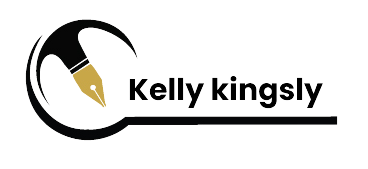Professor Kelly Kingsly
Independent; Copperstone University ; Charisma university
Date Written: January 23, 2016 Download this paper
Abstract
Early economists and other researchers have paid little attention to any link between religion and economic development; rather it is seen as something personal between man and his God. Religion, as a system of faith is based on belief in the existence of a particular God or gods, to some extent, influences or contributes in developing and coordinating the expression of the capacities latent in human nature for the progress of the society. Religion’s role in the determination of economic growth from central perspective is that religion affects economic outcomes mainly by fostering religious beliefs that influence individual traits such as honesty, work ethic, thrift, and openness to strangers. The paper examines the role of religion in transforming village-style and centralized government in Africa societies to democracy system of government. It also reviewed the economic system in Africa prior to colonial/missionaries arrival in Africa. From various accounts, religion has contributed immensely to the economic development of the country through investment in different sectors of the economy like real estate, capital market, shopping complex, schools and banks (including Islamic banks).
Keywords: Religion, economic development, political transformation
Suggested Citation: Kingsly, Professor kelly, Religion as a Tool for Economic/Political Transformation (January 23, 2016). Available at SSRN: https://ssrn.com/abstract=2720966 or http://dx.doi.org/10.2139/ssrn.2720966
